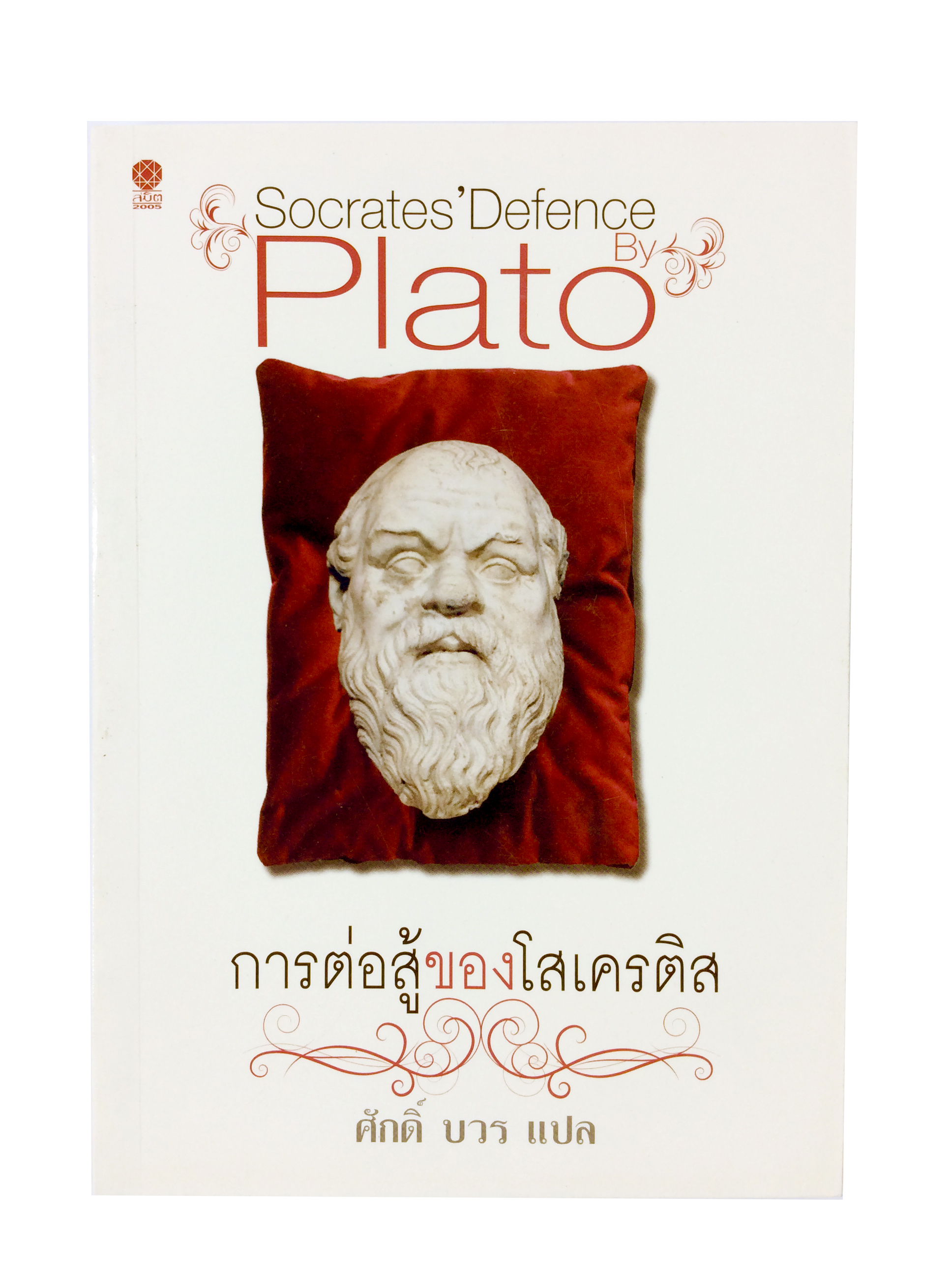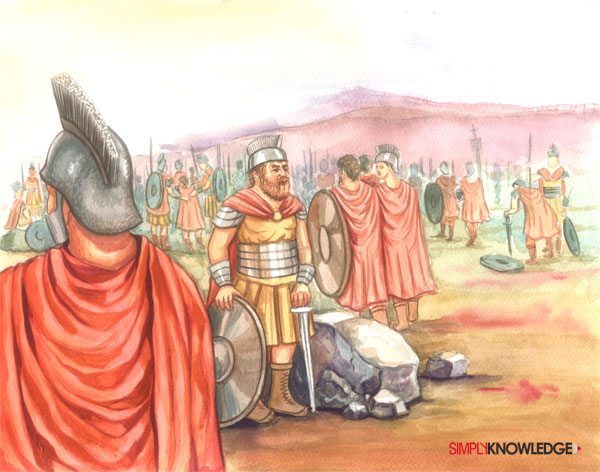

That is a very different kind of eloquence from the one they have implied in their warning to the judges. The only kind of eloquence for which he has any use is that which sets forth the truth in language so plain that they can all understand. He is not a rhetorician, and they should be ashamed for suggesting that he would try to lead them astray by the force of his eloquence. Socrates insists that he makes no claim of being eloquent in his speech. His accusers have warned the judges to be on their guard lest they be deceived by the eloquence of Socrates in his attempt to convince them of his innocence. The dialog begins with Socrates making a short speech in which he offers an apology for the colloquial style in which he will be making his defense. Finally, Socrates makes a prophetic rebuke of the judges for supposing they will live at ease and with an untroubled conscience after pronouncing sentence as a penalty for his crimes. After making his defense, an account is given of his attempt at mitigation of the penalty imposed on him.

Socrates replies at some length to each of the charges brought against him. This is followed by an account of the specific accusations made with reference to his life and daily activities. The first one consists of an introductory statement that Socrates makes concerning the manner of his speaking.

The contents of the dialog include a number of different parts. It is also possible that Socrates' defense of himself was even stronger than what has been reported. At any rate, we may be fairly certain that, even though Socrates has been to some extent idealized by his pupil, the account given represents what Plato believed to be true about his teacher. However, we should bear in mind that Plato had been both a pupil and an ardent admirer of Socrates, and for this reason his version of the trial may have been somewhat biased in favor of the one whom he regarded as a truly great hero. To be sure, the words were not recorded at the time they were spoken, but we know that Plato was present at the trial, and hence we may conclude that the account given in the Apology contains the words of Socrates as they were remembered by Plato. It appears to record, in many instances, the exact words used by Socrates while making his speech in defense of himself. It is in essential harmony with the references to the trial that occur in Plato's other dialogs and also with the account given in Xenophon's Memorabilia. The Apology is believed to be the most authentic account that has been preserved of Socrates' defense of himself as it was presented before the Athenian Council.


 0 kommentar(er)
0 kommentar(er)
